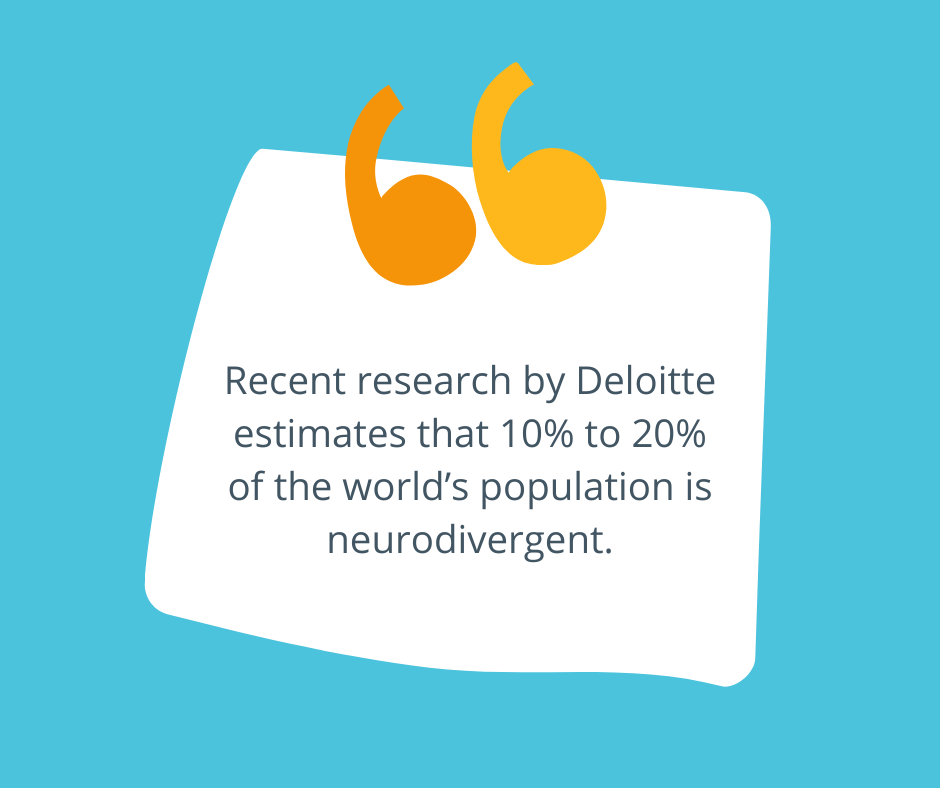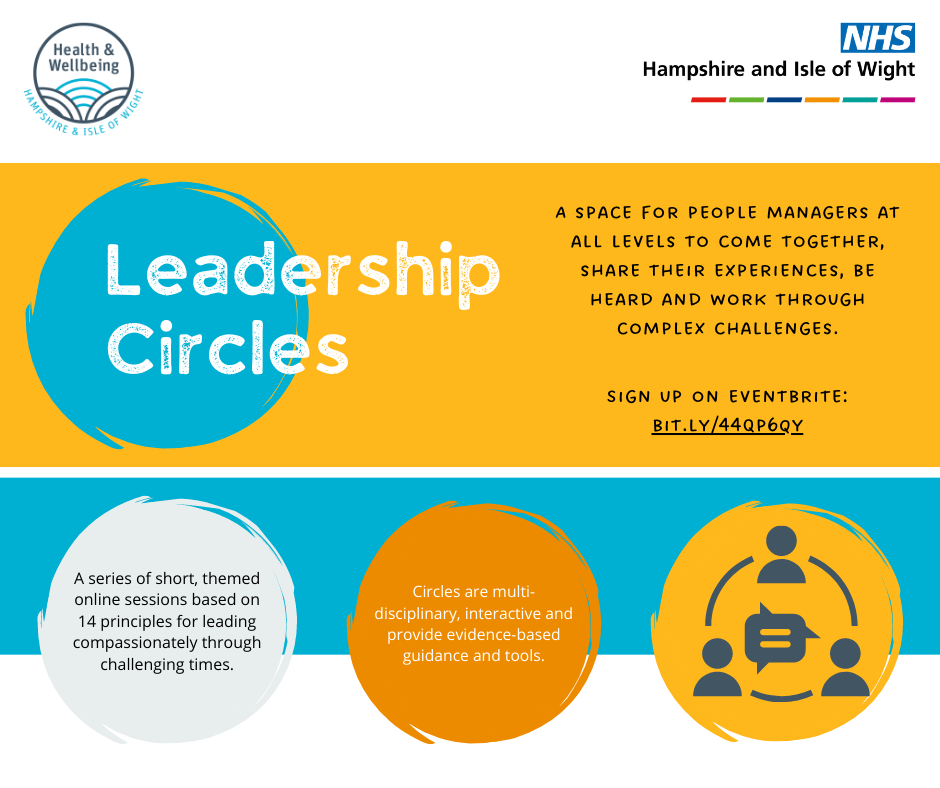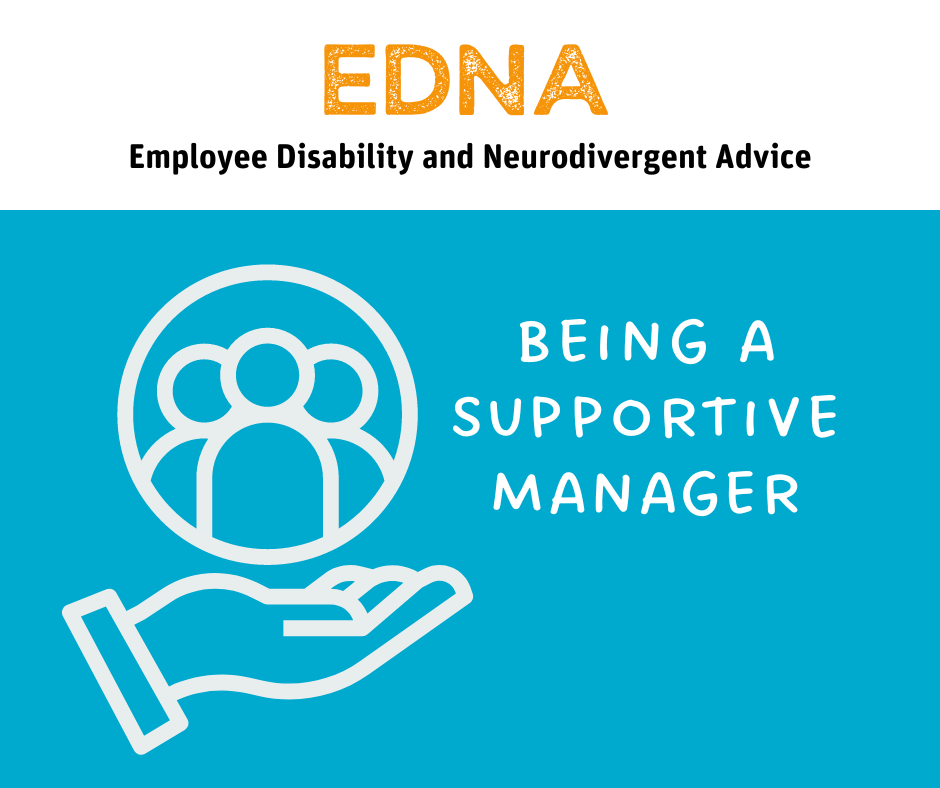Recent research by Deloitte estimates that 10% to 20% of the world’s population is neurodivergent. The term ‘neurodivergent’ has only recently started to gain recognition on the past few years, but it represents conditions that have been around for much, much longer – a good deal of them undiagnosed.
Take Autism, for example. The World Health Organization says around one in 100 children has Autism, but for many, a diagnosis will come much later in life. This is true for many people in the workplace today who find there is now a recognised name for issues they may have been wondering about for some time. It’s also a reason why we have created our new EDNA service – to help neurodivergent colleagues, as well as those with disabilities and long-term conditions to thrive at work.
Neurodiversity can include Autism, ADHD, Dyslexia, Dyscalculia, Dyspraxia, Tourette’s but also neurodiverse experiences. Understanding these manifestations is helping foster a much greater awareness of neurodivergence, the benefits it brings, and how colleagues in the workplace can be supported. A brilliant example of this is the story of Catherine Bean, an Analyst at the Office of National Statistics, who told gov.uk about her experiences with someone with Autism in the workplace.
Speaking about the launch of EDNA, Kate Sonpal, Delivery Manager for Diversity and Inclusion in the HIOW Health & Wellbeing Team, said: “We are so pleased to be able to offer this service to our colleagues right across the region, including those working in Primary Care. EDNA was developed in response to employee demand and we know it will make a positive impact.”
This is definitely proving so – since the launch in December we’ve had more than 100 referrals to EDNA from colleagues across the region, many from neurodiverse colleagues.
Join us for ‘Say Hello to EDNA’
Come and meet our advisers and learn more about the service. We’ll be discussing a different theme each month, with ADHD discussed on 28 March. Click here to register for any of the following sessions.
• Tuesday 28 March 2023, 13:30-14:30 – ADHD
• Tuesday 25 April 2023, 13:30-14:30 – Benefits for Managers
• Tuesday 30 May 2023, 13:30-14:30 – Reasonable Adjustment
• Tuesday 27 June 2023, 13:30-14:30 – Sensory Impairment
• Tuesday 25 July 2023, 13:30-14:30 – Long-Term Conditions
• Tuesday 29 August 2023, 13:30-14:30 – MSK Conditions





